
The Sanitation Learning Hub is a participatory programme aimed at facilitating timely and actionable learning and research on sanitation and hygiene.
3.6 billion people don’t have their own safe toilet. Living without a toilet and handwashing facilities can cause health issues for the whole community, not just for the individual. As well as the health risks, a lack of access to sanitation facilities is a major cause of risk, anxiety, economic and psychosocial stress.
Recent work
publications
Sanitation and hygiene issues often deal with uncomfortable, hidden and sometimes taboo areas of life, which people don’t want to talk about publicly, let alone look at. It can be profoundly powerful to get people to face unpleasant challenges if…
22 October 2024
publications
If the world is to achieve universal coverage of safely managed sanitation services by 2030, governments and supporting partners must operate at scale, expanding services for the majority, alongside adapting approaches to tackle the barriers faced in challenging contexts. Progress…
22 October 2024
Opinion
The Geita region in Tanzania is rich in gold deposits, which have attracted a lot of small-scale (and a few large) mining companies. In the past, the relationship between mining companies and local communities was negative due to allegations of…
26 April 2024
Opinion
Sanitation and hygiene issues deal with difficult, hidden, and taboo areas of life, which people often don’t really want to talk about, let alone look at. They can also deal with seemingly mundane issues (for example, going the toilet, washing…
27 February 2024
publications
This article presents lessons learnt from the evolution and usage of Rapid Action Learning methods developed to support the Swachh Bharat Mission – Gramin (the Clean India Mission – Rural) in India. The Mission, started in 2014, aimed to change…
15 November 2023
publications
Target 5.4 of the UN Sustainable Development Goals (SDG) involves the recognition and valuing of unpaid care and domestic work (UCDW). Much UCDW is related to water, sanitation and hygiene (WASH), and daily workloads increase when household and community WASH…
12 October 2023
publications
Female-headed households often get left behind in water, sanitation, and hygiene (WASH) programming and policy. This Sanitation Learning Hub Learning Paper presents findings and recommendations for action, from the participatory video research project, ‘Sanitation, health and livelihood issues for female-headed…
15 September 2023
Opinion
Collaborations are central to how we work at IDS. The bedrock of this work is participation – of local communities and citizens, and of country-based researchers, businesses, advocates, activists and policymakers. Building, sharing and valuing local knowledge was the springboard…
01 September 2023
Projects
projects
Through this action-orientated research project, the Sanitation Learning Hub (SLH) in collaboration with the Government of Meghalaya (GoM), India, are trialling and evaluating a series of four strategic engagement events (henceforth known as Rapid Action Learning (RAL) workshops) between State…
projects
In partnership with the Government of Meghalaya, the Sanitation Learning Hub is working on a series of strategic engagement events between the state and district governments (including block and village level actors), rights holder organisations and development partners in Meghalaya,…
projects
The overarching aim of the Hub is to contribute to the dignity, health and wellbeing of children, women and men in the developing world who currently suffer the consequences of inadequate or no sanitation and poor hygiene. Mission We are…
projects
This project supports the acceleration, spread and quality enhancement of community-led total sanitation, enabling rural people to take action to end open defecation and improve the health and wellbeing of all, especially of those children, women and men who live…
People





